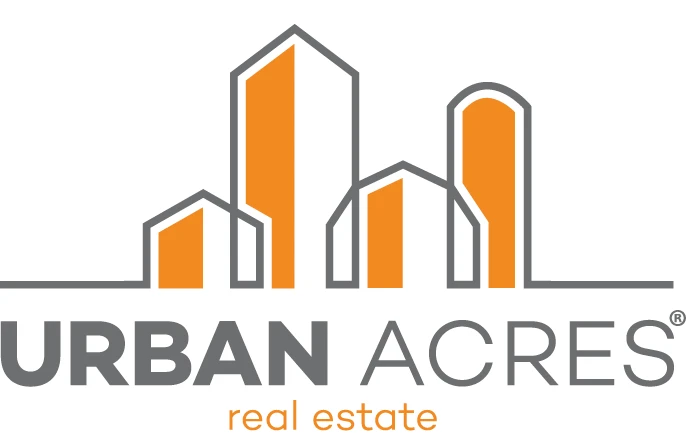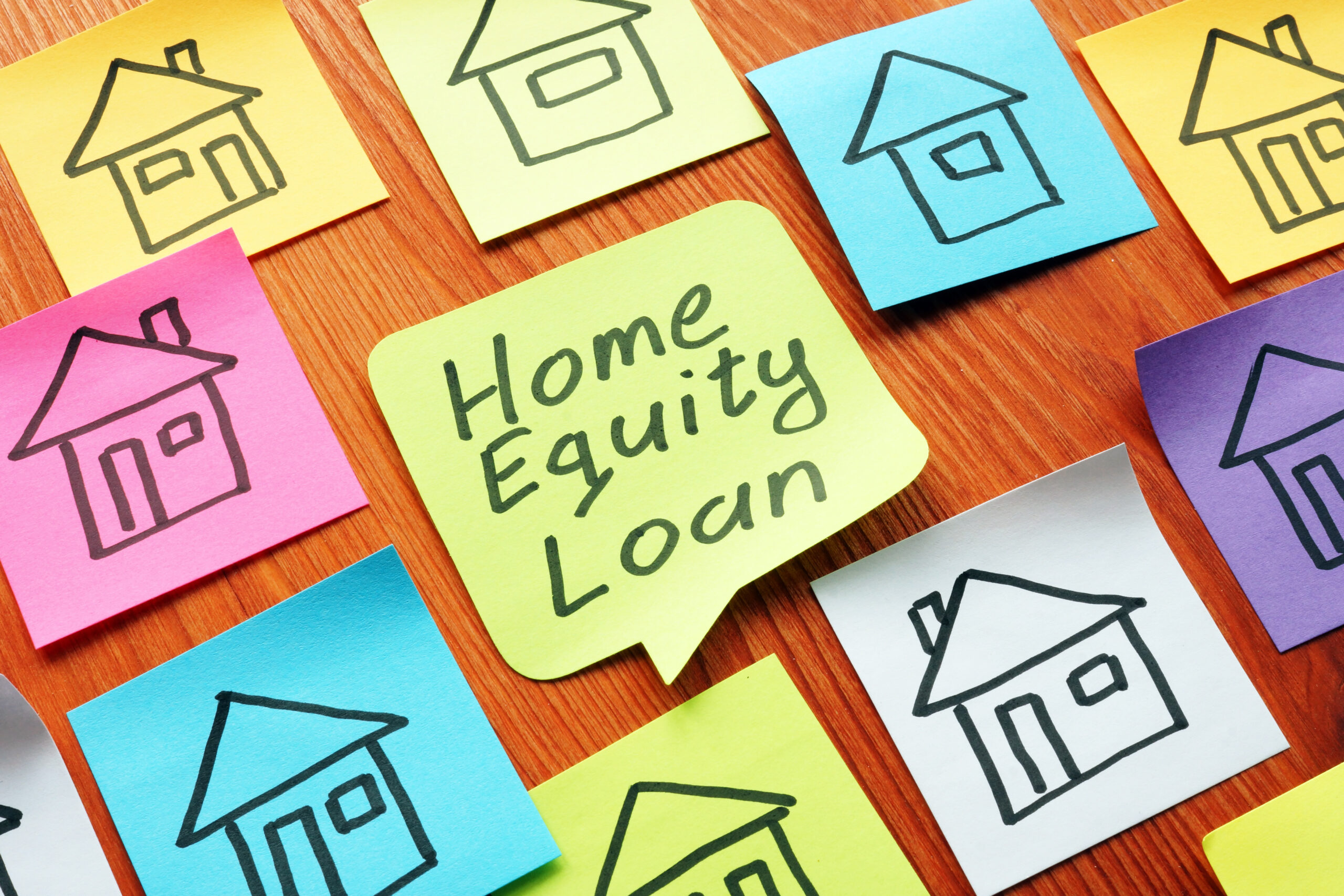What’s going on with the housing market? Buyers, sellers, and even real estate professionals have been asking this question all year. After strong sales and intense competition earlier this year (and in the last few years), the housing market appears to have cooled thanks to fluctuating mortgage rates and limited inventory. This has led many would-be buyers to hit pause on their home search and sellers to put off selling their homes until the market returns to normal—if ‘normal’ really exists!
So what can we expect in the coming months and as we head into 2024? We asked our REALTORS® to weigh in on some of the top questions buyers and sellers have been asking. Here’s what they said.
Q: Is it a good idea to buy a new home with interest rates at current levels?
 Phil O’Brien, REALTOR®, Broker
Phil O’Brien, REALTOR®, Broker
If you love the house, it’s always a good time to buy. I remind potential buyers that refinancing is always an option in the future. Interest rates won’t stay where they are forever. Don’t miss out on your dream home because you’re trying to predict what the market will do next!
Chelsea Riggan-Kuepker, REALTOR®
REALTOR®
The decision to buy a home should be based on a person’s situation and needs, but personal financial stability should also be a consideration. If you buy now, you can start building equity immediately. When a buyer finds a property they love, they shouldn’t delay—you can’t time the market. Rates are projected to go down. Purchasing now with a plan to refinance once rates drop is smart as long as you have the financial stability.
When mortgage rates do finally drop and more buyers come back into the market, home prices will rise. If you’re on the fence because of high interest rates and aren’t in a hurry to get into your next home, I’d suggest being proactive now about saving money so you have the cash reserves to make a competitive offer when rates drop. Focus on improving your credit score so you can qualify for the best rate.
Tricia Van Roekel , REALTOR®
, REALTOR®
Yes! This fall is a great time to buy if you can. You might get a better price on a home now than in the spring market. Plus, when rates come down, you can always refinance.
Natasha Wendt , REALTOR®, CRS, ABR
, REALTOR®, CRS, ABR
Right now sellers are more likely to negotiate, so you have a better chance of paying less for a home than if you wait for spring, or when the rates are more favorable and you have more competition. You can always refinance when rates drop—it will cost a little extra, but in the long run, it makes sense because you get a home at a better price than you would if you were competing with other buyers.
While rates are high compared to recent years, they aren’t that high when you view them historically going back several decades.
Cindy Clark , REALTOR®
, REALTOR®
Marry the home, date the rate. People should buy and sell homes as their life demands it. My advice is don’t let rates drive your decision. Get the house you want, when you want it. Work on the rate as you can following the purchase. Rates are constantly changing.
Q: What are the factors contributing to the current real estate market?
 Tricia Van Roekel, REALTOR®
Tricia Van Roekel, REALTOR®
Many people have a mortgage with an interest rate of 3 percent or less, and this is one of the biggest factors causing sellers not to sell and buy another home. At purchase, buyers are looking at a 6.5 percent interest rate—more than double their current rate. This has created a shortage of homes on the market in various price ranges.
Phil O’Brien , REALTOR®, Broker
, REALTOR®, Broker
There are a variety of factors at play: low inventory, higher interest rates, inflation that’s impacting every industry, rising property taxes, and rising insurance rates and premiums.
In Johnson County, the 2023 statewide average valuation increase for residential property was estimated to be 22 percent. This increase in value resulted in a tax increase of three percent. Properties that saw an assessment with an increase in value of greater than 22 percent have a taxable value that increased beyond three percent.
Q: Will the housing market crash?
Phil O’Brien , REALTOR®, Broker
, REALTOR®, Broker
No—we have strong industries in this area that help bolster the local housing market. For example, new residents come to the state every year to work at major employers. This alone helps insulate the Corridor from shifts in the market.
The Johnson County market didn’t experience the severity of the housing market crash in 2008. Each year, we typically see an average 2.5 to three percent increase on home prices. I expect to see prices level off and not increase significantly over the next few years.
Tricia Van Roekel , REALTOR®
, REALTOR®
My experience is that the Midwest market is slow and steady and not as volatile as markets in other areas of the country. Even in 2008 with the economic downturn, the housing market remained steady in our area.
Q: Why is inventory so low?
Cindy Clark , REALTOR®
, REALTOR®
Inventory in our area is always low because we have such a high demand for housing. This is why new construction is booming—we have more need than available inventory.
Natasha Wendt , REALTOR®, CRS, ABR
, REALTOR®, CRS, ABR
Since many people have favorable rates already locked in, they don’t want to give that up for something more expensive. Even if they wanted to upsize or downsize, they’d have less of a chance of finding something they actually want due to the limited options available.
Phil O’Brien , REALTOR®, Broker
, REALTOR®, Broker
Inventory dropped significantly in the past few years. It started to dip in 2020, but the true impact wasn’t immediately evident. The downward trend continued in 2021 and 2022, and I’m sensing that it’s beginning to stabilize. We’re now seeing negotiations open up on homes that don’t sell in the first few days. There are circumstances where houses are selling for less than the list price, which was unheard of in 2022.
New construction is also a factor. On average, new construction made up 31 percent of single-family homes on the market in Q2 2023. Here in the Iowa City area, that number is even higher when you look at active inventory. There are fewer builders, and current builders are cautious about building additional spec houses (houses built without a contract and no custom features). This is partially because supply chain and inflation have caused the cost of new construction to increase. Overall market changes and recent events—for example, the Canadian wildfires—have caused lumber prices to increase 18 percent. Even if the price of lumber were to go down, the price of concrete would increase.
Finally, we’ve noticed an inventory shift in certain price brackets. In the $350-600k range, we’ve seen more inventory because fewer first-time homeowners are moving to homes for their next stage of life. There’s less inventory in the $250k and below price bracket. Overall, there are fewer affordable housing options available.
Q: Are you still seeing extreme competition in the market (outbidding, etc.)?
Phil O’Brien , REALTOR®, Broker
, REALTOR®, Broker
Competition is becoming more specific to individual properties and less of an overall market trend. Higher rates equate to fewer people looking to move or sell, and higher interest rates also mean a similarly priced home could have a higher payment. Currently the market doesn’t support a significant price hike year over year, and it’s no longer a seller’s market.
Natasha Wendt , REALTOR®, CRS, ABR
, REALTOR®, CRS, ABR
Not as much, though there are occasionally multiple-offer situations. On the other hand, I am experiencing multiple instances of buyers (and sellers) taking their time to negotiate or decide whether or not to write an offer on a property, which is frustrating for all parties.
Q: What are early predictions for the 2024 real estate market suggesting?
Chelsea Riggan-Kuepker , REALTOR®
, REALTOR®
Predicting mortgage rates is a challenging task, but economists at NAR forecast that the 30-year fixed mortgage rate will slide to 6.4 percent before the end of 2023. By early 2024, it’s expected to be at 6 percent.
Q: What’s happening with new construction inventory?
Cindy Clark , REALTOR®
, REALTOR®
New construction is very strong in Iowa City. I pre-sell all of my new construction, meaning there’s a contract in place to build a home and sell it to the buyer. ‘Long-game’ is nine months out from closing. This gives people time to determine how they are going to finance their homes.
Q: How long should I expect my home to sit on the market?
Natasha Wendt , REALTOR®, CRS, ABR
, REALTOR®, CRS, ABR
This is a tough question to answer because it could be anywhere between 24 hours and more than two months. If your home is in tip-top shape with few updates needed and priced in a desirable range, it could sell in a hot second. But if it’s at either end of the price spectrum or if there are things that need to be done to the house, it will likely take longer to find a buyer.
Even if it makes more sense not to update—maybe you’re unsure where to start or stop updating, or you’re unsure whether the update will be right for the buyer—and you leave the decision to the buyer or offer an allowance, your home could still sit on the market.
 Cindy Clark, REALTOR®
Cindy Clark, REALTOR®
An occupied existing home usually closes in 60-90 days. People need to move out first. A vacant existing home is more like 30-45 days. This is how long the bank needs to process a loan and for agents to do contingencies. For new construction homes that are complete, 30-45 days is the range. However, new construction can take as long as it takes to build the home (up to nine months).
Most existing homes, to my knowledge, are under contract in their first five days on the market unless the home needs a lot of work, has major issues, or is severely overpriced.
 Ashley Bermel, REALTOR®
Ashley Bermel, REALTOR®
Your home’s appeal to prospective buyers largely hinges on its condition. In the current market, with elevated mortgage rates and construction expenses, the demand for fixer-uppers is notably low.
Conversely, homes that are ‘move-in ready’ are quickly snapped up if they’re competitively priced and well-marketed. Features that elevate a home to this desirable status include hardwood flooring, newly painted walls, and modernized kitchens and bathrooms.
What other questions do you have about the housing market?
We get it! Even in an ideal housing market, buying or selling a home can be stressful. Maybe you’ve outgrown your current home and have been making the best of your situation for a while. Or maybe you’re moving to or from the Iowa City area and need to buy or sell quickly. Either way, having an experienced REALTOR® on your side who knows the local market is indispensable.
Reach out and we’d be happy to help answer your questions and share how current trends might impact your sale or home search!





